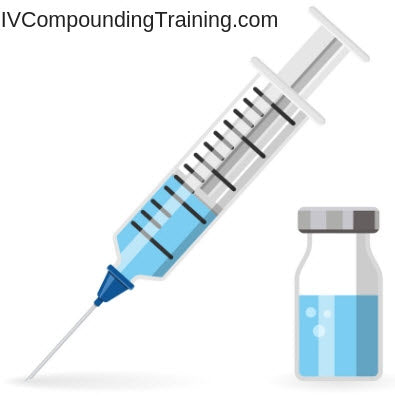Introduction
A well-crafted resume is a crucial tool in landing a job in the healthcare industry. Whether you're a recent graduate or an experienced professional, a strong healthcare resume can make a lasting impression on potential employers. In this article, we will explore essential tips and provide examples to help you build a standout healthcare resume.
1. Tailor Your Resume to the Healthcare Industry
When writing your healthcare resume, it's important to tailor it specifically to the industry. Highlight your relevant skills, experiences, and certifications that are directly related to the healthcare field. This will demonstrate your expertise and show employers that you understand the unique requirements of the industry.
2. Showcase Your Education and Certifications
Include a dedicated section to highlight your education and certifications. List your degrees, diplomas, and any additional certifications you have obtained. Be sure to include the name of the institution, the dates of completion, and any honors or special recognitions you received.
3. Emphasize Your Clinical Experience
Employers in the healthcare industry value hands-on experience. Highlight your clinical experience, internships, and any relevant healthcare-related roles you have held. Include details about the types of procedures or treatments you have performed, the patient population you have worked with, and any specialized skills you have developed.
4. Highlight Your Soft Skills
While technical skills are important in healthcare, soft skills are equally valuable. Include a section that highlights your interpersonal skills, such as communication, empathy, teamwork, and problem-solving abilities. These skills are essential in providing quality patient care and working effectively within a healthcare team.
5. Quantify Your Achievements
When listing your accomplishments, try to quantify them whenever possible. For example, instead of saying 'Assisted with patient care,' say 'Assisted with patient care for an average of 20 patients per day.' Quantifying your achievements adds credibility to your resume and gives employers a better understanding of your capabilities.
6. Use Action Verbs
When describing your experiences and accomplishments, use action verbs to make your resume more dynamic and engaging. Start each bullet point with a strong action verb that demonstrates your skills and achievements. Examples of action verbs for healthcare resumes include 'administered,' 'diagnosed,' 'collaborated,' 'implemented,' 'assessed,' and 'managed.'
7. Include Relevant Keywords
In today's digital age, many employers use applicant tracking systems (ATS) to filter resumes based on specific keywords. To increase your chances of getting noticed, review the job description and incorporate relevant keywords throughout your resume. This will help ensure that your resume passes through the ATS and reaches the hands of the hiring manager.
8. Provide Specific Examples
When listing your skills and experiences, provide specific examples to demonstrate your capabilities. Instead of just stating that you have 'strong communication skills,' provide an example of a time when you effectively communicated with a patient or collaborated with a multidisciplinary team. Specific examples help paint a picture of your abilities and make your resume more compelling.
Example:
- Improved patient satisfaction scores by 15% through implementation of new customer service strategies.
- Managed a caseload of 50+ patients, ensuring accurate documentation and timely treatment.
- Received Employee of the Month award for exceptional teamwork and dedication to patient care.
Conclusion
Building a strong healthcare resume requires careful attention to detail and a focus on showcasing your relevant skills and experiences. Tailor your resume to the healthcare industry, emphasize your education and certifications, highlight your clinical experience and soft skills, quantify your achievements, use action verbs, include relevant keywords, and provide specific examples. By following these essential tips and using the examples provided, you'll be well on your way to creating an impressive healthcare resume that will help you stand out from the competition.
